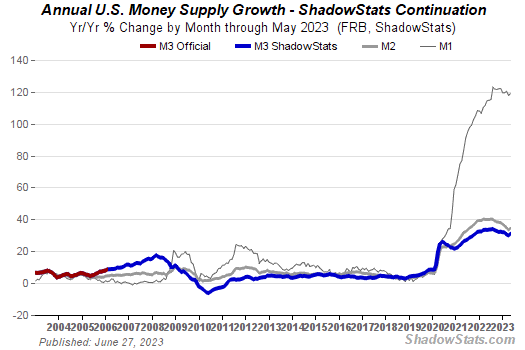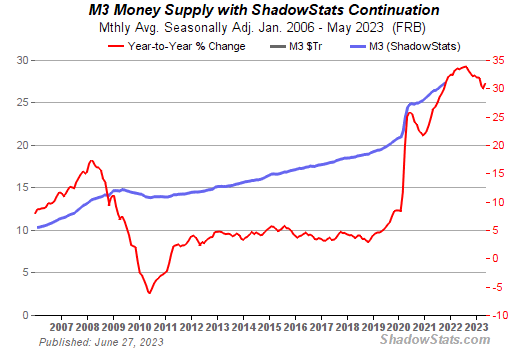william the wie
Gold Member
- Nov 18, 2009
- 16,667
- 2,402
- 280
- Thread starter
- #41
M3 should be shrinking rapidly due to the write off of bad debts.i haven't read through the whole thread, does anyone want an official M3 back?
pending validation from the latest round of QE, i'd like to see money supply stats account for street money independent from all of this shit the fed makes. what is that? it certainly cant be accessed by normal americans... not even 'normal' banks.



